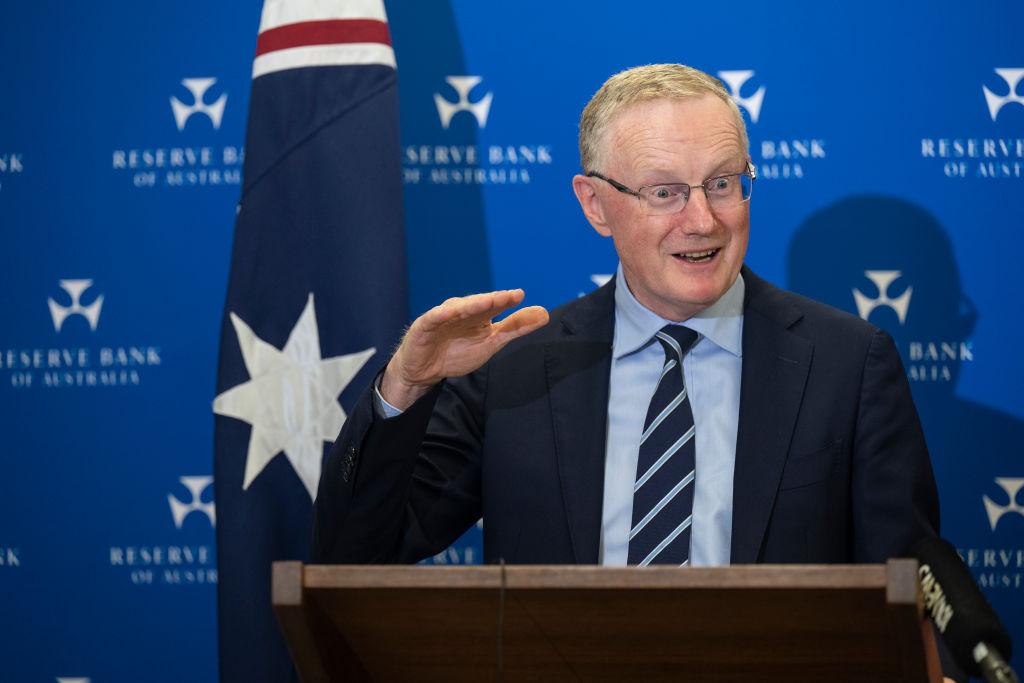Reserve Bank Governor Philip Lowe was at pains to emphasise the need to relax business regulation and open up the economy as the way to deal with soaring inflation during a recent Senate Estimates hearing.
“If there is greater competition, more investment, more freedom on the supply side of the economy, then the price pressures in specific areas for any given level of aggregate demand is going to be less,” he repeated several times in the 90-minute hearing on Feb. 15.





